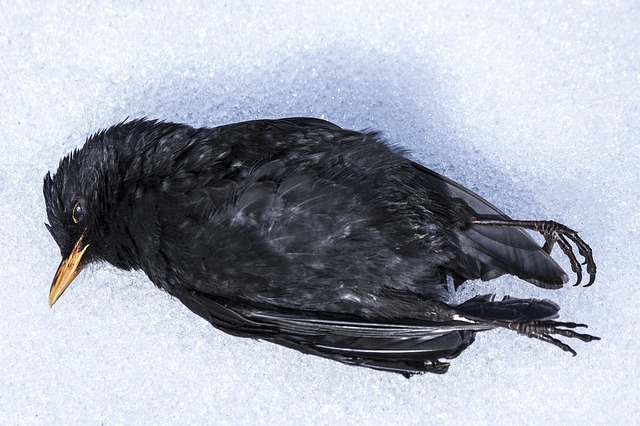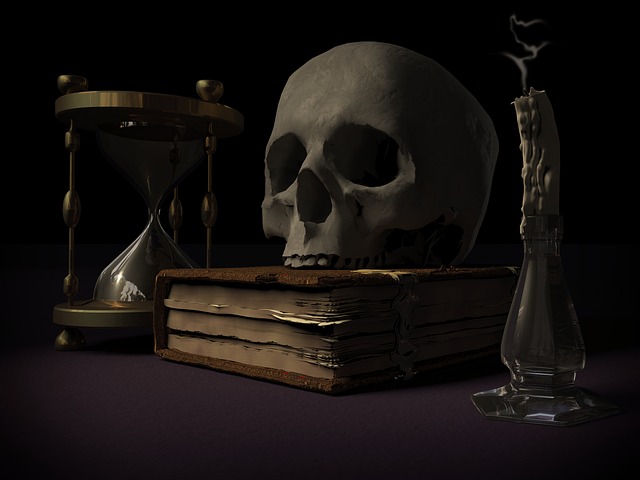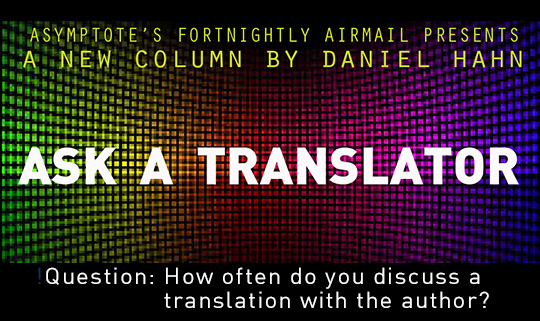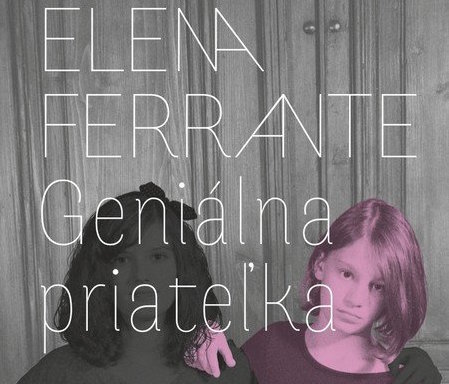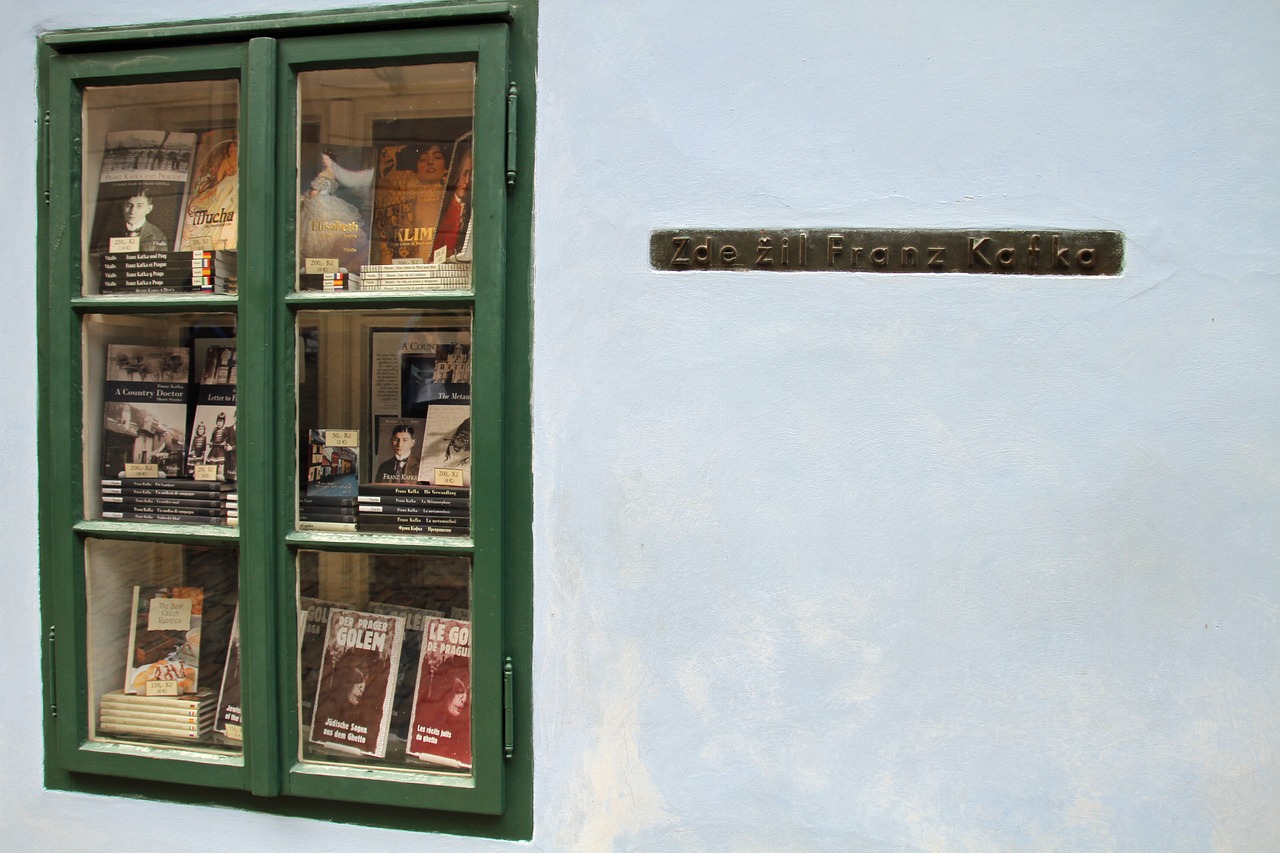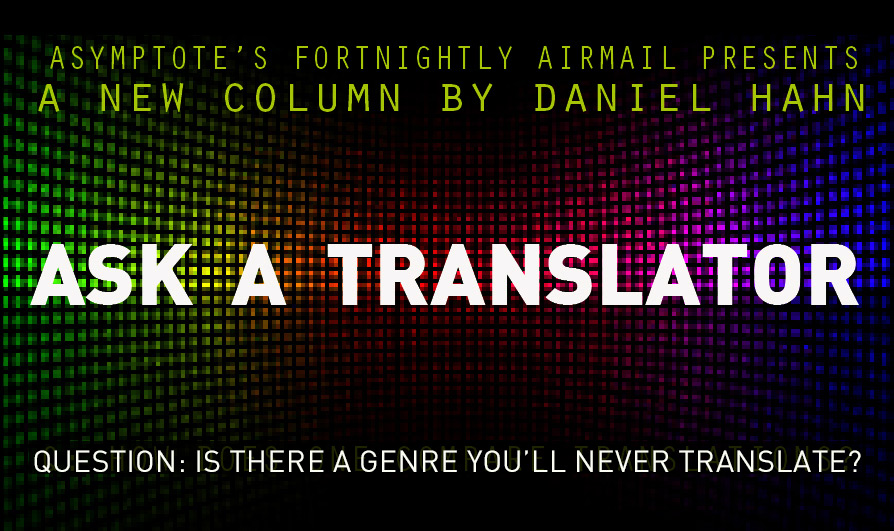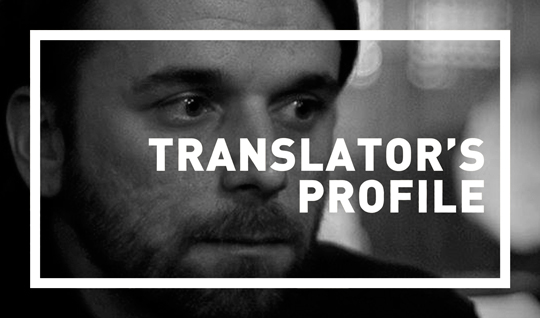For this and the next two Translation Tuesdays, we are thrilled to bring you the winners of our annual Close Approximations translation contest, judged by Margaret Jull Costa, Ottilie Mulzet, and Michael Hofmann. First up, Sean Gasper’s Bye translation from the Polish of Filip Springer’s nonfiction. Margaret chose Bye’s entry as the winner “because I found the subject matter totally gripping—it’s set in 1944, when the Soviet counteroffensive has reached the Vistula River—and the prose itself is satisfyingly dense, and it has what I look for in any good translation, a very convincing voice.”
—The editors at Asymptote
***
O Lord, Make No Tarrying
Make haste, O God, to deliver me; make haste to help me, O LORD.
Let them be ashamed and confounded that seek after my soul: let them be turned backward and put to confusion, that desire my hurt.
Let them be turned back for a reward of their shame that say, Aha, aha.
Let all those that seek thee rejoice and be glad in thee: and let such as love thy salvation say continually, Let God be magnified.
But I am poor and needy: make haste unto me, O God: thou art my help and my deliverer; O LORD, make no tarrying.
Psalm 70, King James Version
[. . .]
Winter
The situation beyond the mountains is getting worse. By 1944, the Soviet counteroffensive has reached the Vistula River. It stops there, though not for long. On January 12, 1945, at 5 a.m., “Stalin’s organs” begin to play on the banks of the Vistula. A thousand Katyusha rockets give the Red Army the signal to attack. It won’t stop until it reaches Berlin. Over the next few days, panic breaks out in the furthest-flung eastern provinces of the Reich. Since mid-January, hundreds of thousands of refugees from Upper Silesia—mainly women and children—have already been heading west. On January 20, all across Breslau the civilian population is ordered to abandon the city immediately. The scene on the streets is like Dante’s Inferno. There’s not space on the trains for everyone, so thousands set off on foot in sub-zero temperatures.
Helena Szczepańska is also among the refugees. She’s eight years old and the youngest of five siblings. Until now, she and her mother have lived in Niklasfähre, on the border of Upper and Lower Silesia. Thanks to their German ancestry—and despite their de facto Polish ethnicity—they are evacuated along with the other Germans. They stop for a day when they reach Schurgast, and then walk westward for almost two weeks. On February 1, 1945, they reach a small town on top of a hill—Kupferberg. Helena will remember this place well, for during their almost three-week trek through Silesia, Kupferberg is the only place she and her family get to sleep in a heated building. Everywhere else they sleep in barns, sheds, cellars, and God knows where else. READ MORE…


